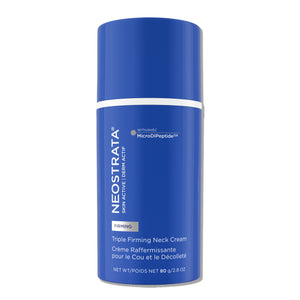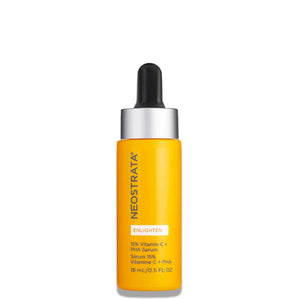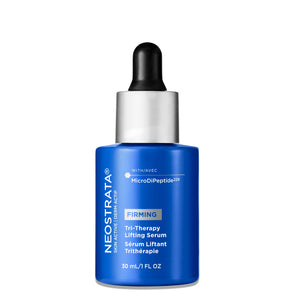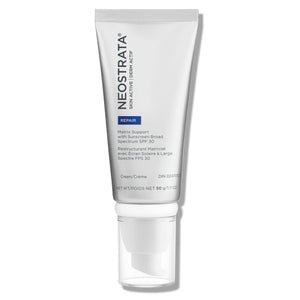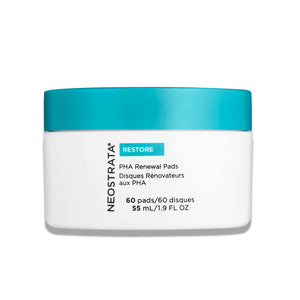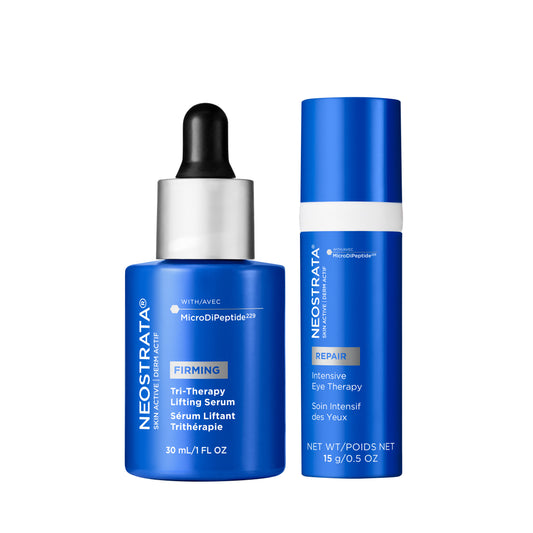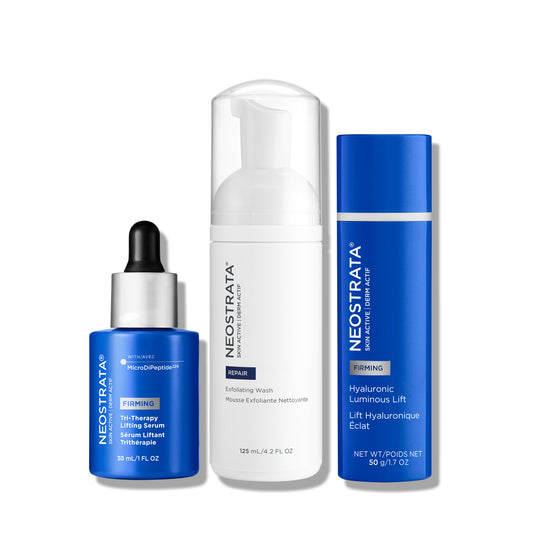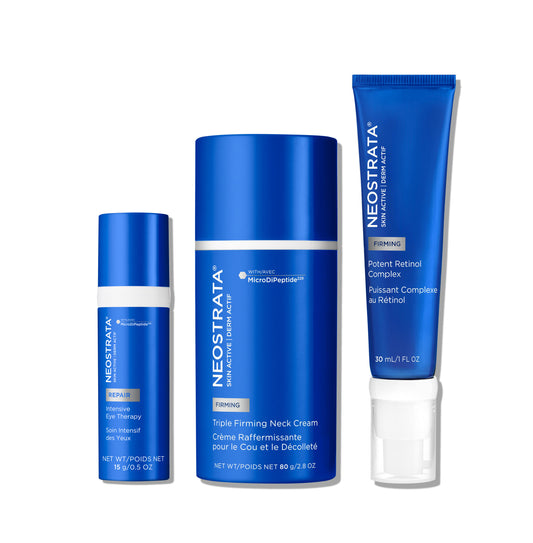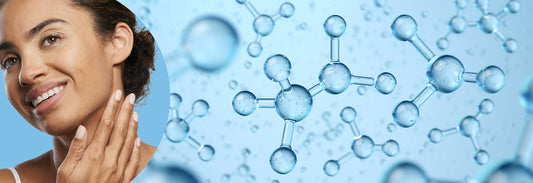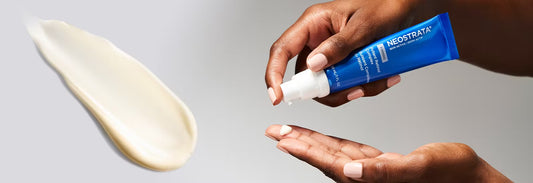What is Skin Discoloration?
Seeing spots lately? Let’s discuss! Skin discoloration, also called hyperpigmentation, occurs when your skin produces excess pigment in spots or larger patches across your body. Skin discoloration can appear in different forms as dark spots, age spots, post-acne marks or redness—and can show up differently on various skin tones. In general, lighter skin tones tend to be more prone to sunspots. Mid-range or medium skin tones are more prone to age spots and darker skin tones are more prone to acne marks. Skin discoloration often appears on your face and neck but can even show up on your hands and body!
What Causes Skin Discoloration?
You might be thinking to yourself: “But why do I have skin discoloration?” Skin discoloration occurs naturally in all skin types in response to an array of everyday occurrences, such as sun exposure, hormonal fluctuations, trauma from acne, cuts or burns. Other external factors that affect skin discoloration include taking medications like topical steroids or having low levels of Vitamin D.
Dark spots occur when your skin cells become damaged, for example, from UV exposure without wearing sunscreen. Your skin cells will ramp up the production of a pigment in your skin called melanin in response to heal the damage. This overproduction of melanin will darken your skin in the form of dark spots or patches.
Post-acne marks occur when an acne breakout is so deep that it actually damages the skin and the tissue beneath it. When your acne goes away, your body tries to heal the damage by producing collagen—a substance that gives the skin support. If too much or too little collagen is produced, you are left with a scar.
Age spots are small, flat, dark areas on the skin. They vary in size and usually appear on areas exposed to the sun, such as your face, hands, shoulders and arms. Age spots are most common in adults older than 50, but younger people can also get them if they spend a lot of time in the sun without proper SPF application. Age spots may affect people of all skin types, but they're most common in adults with lighter skin tones.
Redness is a common skin concern that has many different causes such as irritation, exposure to certain medications, sun burn and skin conditions like rosacea. Some redness may be temporary, while others are long-lasting with certain skin conditions. If you’re looking to neutralize redness, try the Redness Neutralizing Serum that’s also formulated to hydrate and improve the look of blotchiness in sensitive skin.
Is Skin Discoloration Treatable?
In conclusion, skin discoloration interferes with the overall clarity of your complexion. It can and will show up in different forms through different stages of your life. Think: from acne and post-acne marks, dark spots to age spots and everything in between! So learning how to assess and treat your skin discoloration is now an invaluable skincare lesson!
If you are looking for a more personalized skin discoloration regimen, visit our skin discoloration page to learn more about the NEOSTRATA® difference and the products that are designed to target your skin discoloration concerns.
References
- Acne Scars: Who Gets and Causes https://www.aad.org/public/diseases/acne/derm-treat/scars/causes
- Age Spots (liver spots) https://www.mayoclinic.org/diseases-conditions/age-spots/symptoms-causes/syc-20355859
